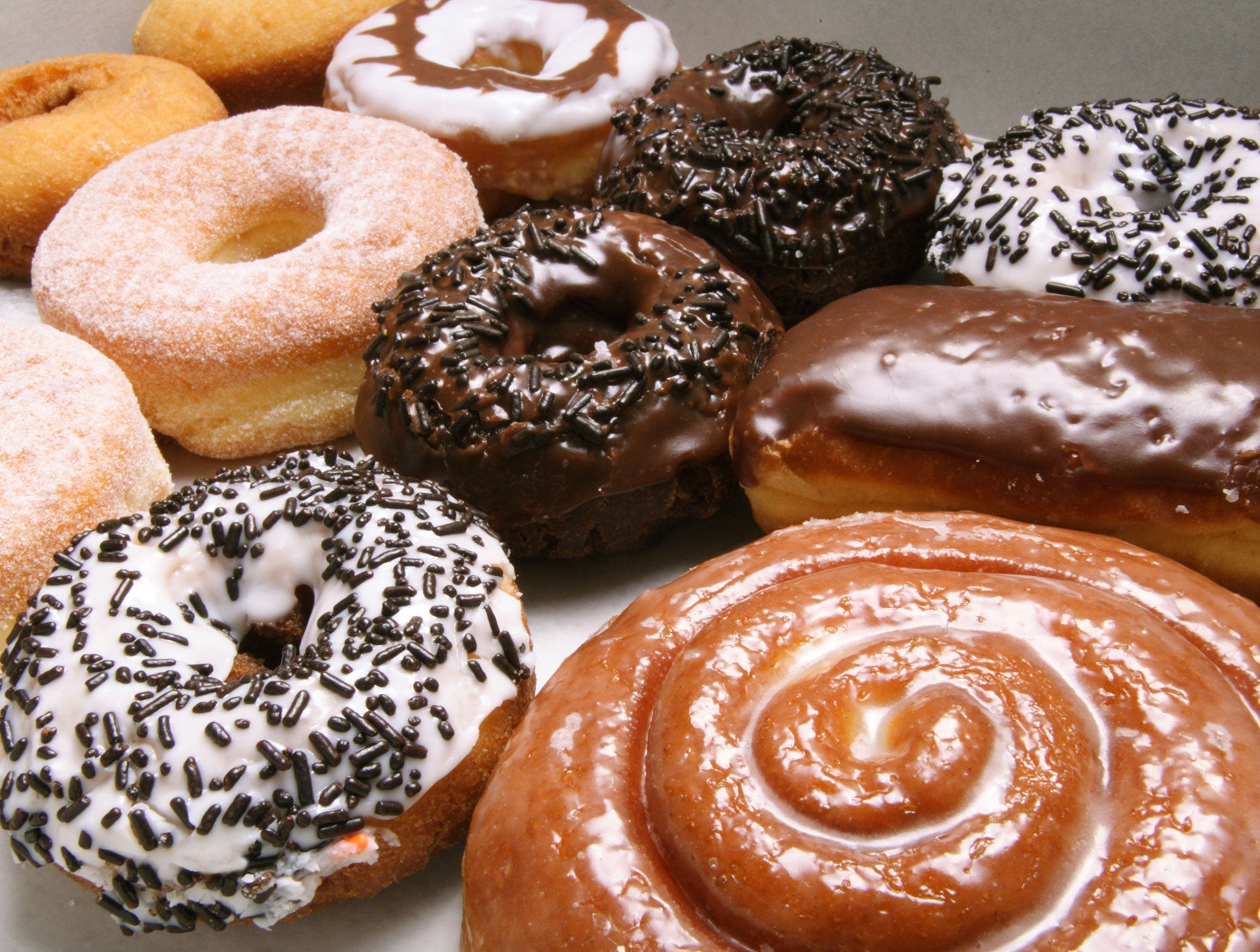The science of hunger and what makes us 'hangry'
You are not alone if you are filled with rage when your stomach is empty

Have you ever lashed out at someone when you’ve been hungry? Many of us will have, and the fact that our fuse is shorter than usual is no coincidence.
So, what happens to our bodies to make us like this?
What is hunger in the first place?
Once your body has finished digesting and using up the energy from your last meal, your blood sugar and insulin levels drop. In response to this, ghrelin is produced in the gut and travels to the brain, letting it know that sustenance is needed. The brain then commands the release of a second hormone called neuropeptide Y, which stimulates appetite.
Once you have answered the call and filled up on a good meal, your stomach gets to work on digestion. Nerves in your stomach sense stretching that lets your brain know you’re full up. Three other hormones also secreted by your digestive system take messages to the brain: cholecystokinin (CCK), GLP-1 and PYY. CCK helps to improve digestion by slowing down the rate at which food is emptied from the stomach into the small intestine, as well as stimulating the production of molecules that help to break down food. GLP-1 tells the pancreas to release more insulin and also reduces appetite. The hormone PYY is secreted into the bloodstream by the small intestine after eating. It binds to receptors in the brain to make you feel full up.
Once all of the food is digested, the blood sugar and insulin levels drop and ghrelin is produced once more, so the hunger cycle continues.
When the mind takes over
When our bodies tell us we are hungry, it’s an innate reaction – the hormones in our systems let us know of the need for sustenance. But when our minds get involved, it’s a whole different story.
There’s not much nutritional value in a bacon sandwich or a frosted cronut, for example, so it’s not a "need" for a treat, it’s a "want".
This is because the very first time you experienced a cronut, the mesolimbic centre of your brain (the region that processes pleasure) lit up, as the fatty, sugary goodness of the treat released chemicals known as opioids that bind with receptors in the brain.
This triggers the release of dopamine, the feel-good hormone that makes us happy. It’s actually the same one that is released when we fall in love. Your brain remembers this response, and is encouraging you to munch on that delicious cronut to repeat the pleasurable feeling.
When hanger kicks in
When we are hungry, our brains are essentially starved of glucose, meaning that our ability to control our emotions is reduced, as is our ability to concentrate. This lack of concentration can affect everything we do, causing silly mistakes that we’d never normally make and potentially making us slur our words. Complying with what’s socially acceptable becomes much harder, which is why you are more likely to snap at someone. Overall, your ability to control your actions is drastically reduced.
There is also a genetic reason linking hunger and anger, as they are both controlled by common genes. Neuropeptide Y is a product of one such gene, and is released into the brain when you’re hungry. As this chemical also regulates anger, high levels caused by hunger tend to also cause people to be angry. It’s important to also think of hanger as a survival mechanism. If a hungry animal was to stand back and let others eat before them, they could die as a result. Getting angry may be their only way of obtaining a meal!
Dealing with hanger
Although you will be tempted, resist reaching for that bag of crisps or chocolate bar, as they will both make you ‘hangrier’ in the long run. Instead, opt for nutrient-rich, natural foods that are packed full of healthy calories. These foods, such as avocados and nuts, will keep hunger at bay much longer, and should stop you from feeling hangry.
Ella Carter and Philip Watts write for How It Works Magazine. Issue 82 out now, RRP £4.25. Follow the magazine on Twitter: @HowItWorksmag
Join our commenting forum
Join thought-provoking conversations, follow other Independent readers and see their replies
Comments
Bookmark popover
Removed from bookmarks